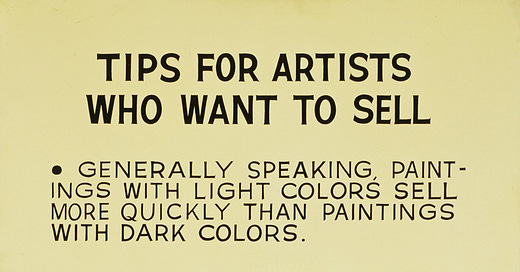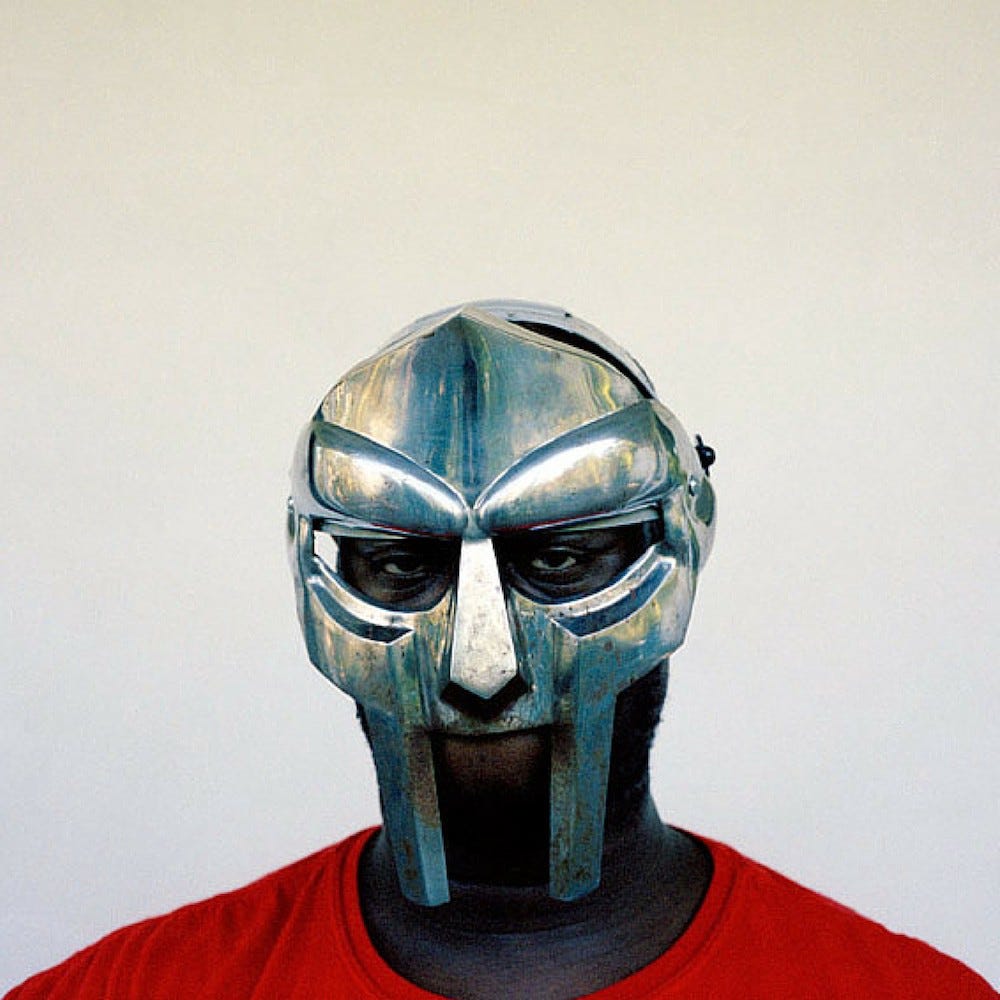Over the holidays, I read The Death of the Artist: How Creators Are Struggling to Survive in the Age of Billionaires and Big Tech by William Deresiewicz. I had put off picking it up for awhile because I was scared to read it at first (I’m not usually excited to examine the finer points of my own demise before bedtime). But the book turned out to be surprisingly empowering and actually encouraged me to feel more confident about being an artist during this historically precarious time.
All the fears and insecurities that I’ve experienced over the years were repeated by the many artists from different disciplines that Deresiewicz interviewed. Not being sure of how much to charge for my art, sometimes feeling like I shouldn’t charge at all. A reluctance to ask for what I’m owed, to admit that what I do has value. Not wanting to talk publicly about money at all because it might somehow poison the perception of my status as an artist. Reading that other artists had gone through something similar was relieving.
When I was younger, I often joked with friends about how they had “real jobs.” I would accept their gentle ribbing about how I “didn’t have to work” like they did. They’d say things like, “You get to be your own boss!” (I’m pretty sure Uber says the same thing about the “independent contractors” they employ). I lived the life of a bohemian artist in my 20s, wearing my unstable quality of life as a badge of honour, believing it added authenticity to what I made. I internalized the jabs about my chosen profession and it took me several years to stop perceiving what I did as being measurably less “important” than other occupations.
Like the musicians I read about in the book, I’ve had to work tirelessly, dealing with various uncertainties including a fickle market, an ever-shifting industry and sustained periods of low income while taking everything I earn and putting it directly back into my art practice. Staying relevant as a musician is a necessity that requires a ceaseless amount of self-directed study and unpaid market research. This is something that other more conventional professions don’t have to deal with, as Deresiewicz points out:
“No one says, “That dental mirror is so 2016” or “That lawsuit is derivative.” No one complains that you performed that operation last week.”
I manage myself and actively have to hunt for fresh opportunities. People don’t buy records anymore, growing progressively more accustomed to free music. It currently isn’t safe to perform live. I don’t say all this to complain or feel sorry for myself but simply to acknowledge the reality of the situation. It takes a ridiculous amount of adaptability and flexibility to maintain a career as a musician. Just because I enjoy doing it doesn’t make it any less of a job.
Another part of the book that really resonated with me was Deresiewicz’s definition of artistic success:
“Success means simply having the ability to do your work, full-time and on your own terms. Every additional year is a victory. Think about that: art is so difficult a field that just being in the field is considered an achievement.”
Making a living as an artist—that in itself is the reward. I’ve been feeling that a lot lately. For a long time, you strive and compete and desperately try just to keep your head above water. Then after a certain amount of years, you pop your head up, look around and realize you’ve somehow become an “established artist.” And that means you get to keep making art. I never want to lose touch of the fact that it’s a blessing to still be here doing this.
I also recently finished reading David Ritz’s Divided Soul: The Life of Marvin Gaye. It’s a harrowing read about the ups and downs of a complicated, flawed human being who also happens to be one of the greatest artists of his era. During a brief period of lucidity and focus in his life, Marvin talked about what inspired him to engage with sociopolitical issues on his 1971 masterpiece What’s Going On:
“My phone would ring, and it’d be Motown wanting me to start working and I’d say, ‘Have you seen the paper today? Have you read about these kids who were killed at Kent State?’ The murders at Kent State made me sick. I couldn’t sleep, couldn’t stop crying. The notion of singing three-minute songs about the moon and June didn’t interest me.”
“When my brother Frankie came home from Vietnam and began telling me stories, my blood started to boil. I knew I had something—an anger, an energy, an artistic point of view. It was time to stop playing games.”
Despite exemplifying the “sketchy artist” stereotype for the vast majority of his personal and professional life, Marvin often talked about the responsibility of the artist in his interviews with Ritz:
“Great artists suffer for the people. The greatest artist was Jesus, and the rest of us can only imitate his perfect suffering.”
“Artists suffer,” Gaye said, “so you don’t have to.”
“As an artist,” he said, “my purpose is to awaken the human spirit.”
“The job of the artist,” Marvin liked to say, “is to fight The Man.”
While the first quote is more about Gaye’s martyr complex, I do agree with his general sentiment about artists having a certain debt to the public. Artists should have more intellectual curiosity about the world around them than your average person. An artist is a mirror for their times. The work doesn’t have to comment directly on what’s going on but I think it should at least be in conversation with what’s happening in society in some capacity.
To not engage with the issues of your time is to limit the impact of what you create. Especially in the times we’re living in today. As I watch everyone in my life keeping themselves sane with music, movies, books, TV shows and other forms of art as the world around us becomes increasingly destabilized, I’ve never felt more of a responsibility to try to create something meaningful.
Last week I wrote a piece for Passion of the Weiss eulogizing MF DOOM. He was a huge influence on my music and my style as a rapper. I always felt like the world at large considered him a cult figure so it’s been heartening to see such a massive outpouring of praise and condolences for him from every corner of the internet. I’ve also enjoyed how much his craft has been appreciated. I still find myself learning new things about his old songs.
For more info about Cadence Weapon, you can find me on Twitter, Instagram, Bandcamp and Spotify.








i love when marvin gaye sings “the artist pays the price / so you won’t have to pay” on the song “life is for learning”
Great read, thanks for sharing!